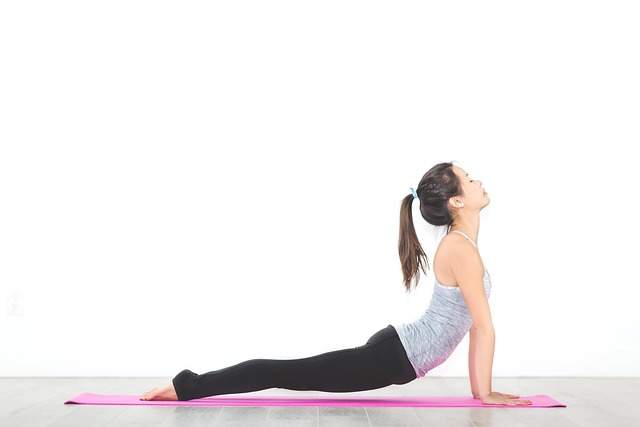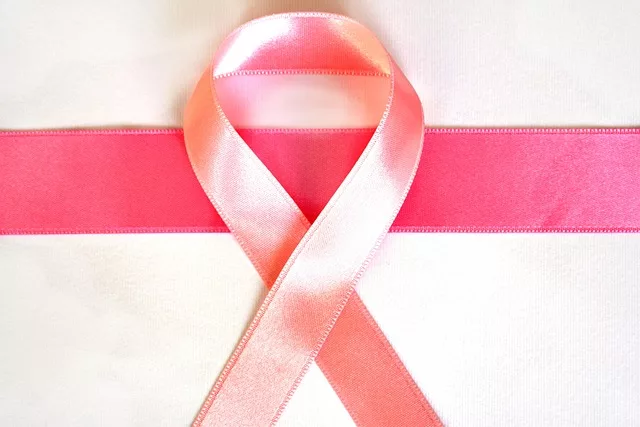Maintaining breast health is a multifaceted endeavor that involves various factors, including lifestyle choices. Among these, diet and exercise play integral roles in promoting overall well-being and supporting breast health. By adopting a balanced diet and incorporating regular exercise, individuals can enhance their breast health and reduce the risk of certain breast-related conditions. In this article, we will explore the synergistic relationship between diet and exercise and their collective impact on maintaining optimal breast health.
The Influence of Diet on Breast Health
- Nutrient-Dense Foods: A balanced diet rich in nutrient-dense foods is vital for breast health. Incorporate a variety of fruits, vegetables, whole grains, lean proteins, and healthy fats. These foods provide essential vitamins, minerals, antioxidants, and phytochemicals that help protect against cellular damage and inflammation.
- Antioxidant-Rich Foods: Antioxidants, found in colorful fruits and vegetables, help combat oxidative stress and neutralize free radicals that can contribute to breast cell damage. Include foods such as berries, leafy greens, tomatoes, citrus fruits, and cruciferous vegetables like broccoli and cauliflower.
- Omega-3 Fatty Acids: Omega-3 fatty acids, commonly found in fatty fish (e.g., salmon, sardines), flaxseeds, chia seeds, and walnuts, have anti-inflammatory properties that can help reduce the risk of breast inflammation and certain breast-related conditions.
- Phytoestrogen-Rich Foods: Incorporating phytoestrogen-rich foods like soybeans, lentils, chickpeas, and flaxseeds into the diet can have a positive impact on breast health. Phytoestrogens are plant compounds that may help modulate estrogen levels in the body, potentially reducing the risk of hormone-related breast conditions.
The Role of Exercise in Breast Health
- Weight Management: Engaging in regular physical activity helps maintain a healthy weight, and maintaining a healthy weight is crucial for breast health. Excess body weight, especially after menopause, can increase estrogen levels, which may elevate the risk of certain types of breast cancer.
- Hormone Regulation: Exercise can contribute to hormonal balance, including the regulation of estrogen and insulin levels. Balanced hormone levels are associated with reduced breast cancer risk and overall breast health.
- Improved Circulation and Immune Function: Regular exercise enhances blood circulation and lymphatic flow, aiding in the removal of toxins and waste products from breast tissues. Additionally, exercise strengthens the immune system, promoting optimal cellular health and reducing the risk of breast-related conditions.
- Reduced Chronic Inflammation: Chronic inflammation is a contributing factor to various diseases, including breast conditions. Exercise has been shown to reduce chronic inflammation in the body, potentially mitigating the risk of inflammation-related breast issues.
Synergistic Approach: Diet and Exercise
- Enhancing Weight Management: A combination of a healthy diet and regular exercise is key to achieving and maintaining a healthy weight. This synergistic approach helps control body fat levels, reducing the risk of hormone-related breast conditions.
- Promoting Antioxidant Defense: The combination of a diet rich in antioxidants and regular exercise can enhance the body’s antioxidant defense mechanisms. This provides comprehensive protection against oxidative stress, which is known to contribute to breast cell damage.
- Supporting Hormonal Balance: Adopting a healthy diet and engaging in regular exercise can help regulate hormone levels, including estrogen, insulin, and other hormones relevant to breast health. This balanced hormonal environment promotes overall breast health.
- Boosting Immune Function: Both diet and exercise contribute to a robust immune system. By nourishing the body with nutrient-dense foods and engaging in physical activity, individuals can support their immune function, enhancing the body’s ability to combat potential breast-related issues.
Diet and exercise are powerful allies in maintaining optimal breast health. By embracing a balanced diet rich in nutrient-dense foods, antioxidants, omega-3 fatty acids, and phytoestrogens, alongside regular exercise, individuals can reduce the risk of breast-related conditions, promote hormone regulation, manage weight, and support overall well-being.
Women’s Health
-

Natural Ways to Support Breast Health: Tips for Optimal Well-Being
Breast health is a vital aspect of overall well-being for women of all ages. While regular breast screenings and medical check-ups are essential, there are also several natural ways to support breast health. Adopting a healthy lifestyle, making dietary choices that promote breast health, and practicing self-care can all contribute to maintaining breast health. In…
-

How To Maintain Breast Health with Diet And Exercise
-

8 Ways to Nurture Breast Health Naturally for Wellness
-

Top 5 Essential Oils for Women and How to Use Them
-

What are the Most Effective Mind-Body Therapies for Menopause Symptoms
-

Try These 13 Natural Remedies for Hot Flashes Today
-

Treat Menstrual Cramps Naturally with Turmeric and Ginger








Leave a Reply